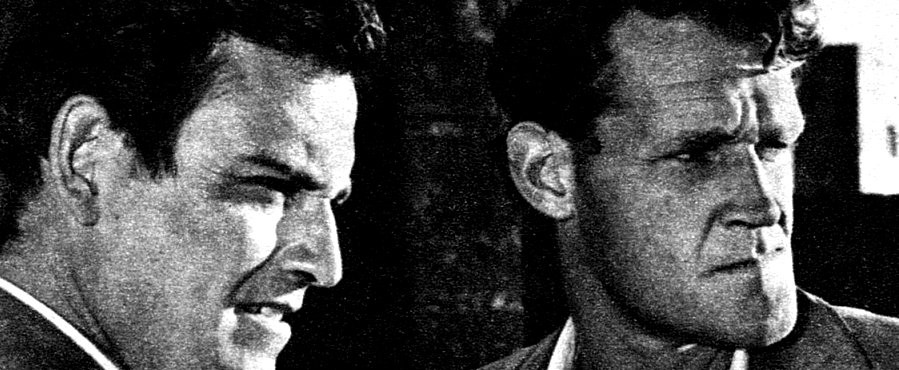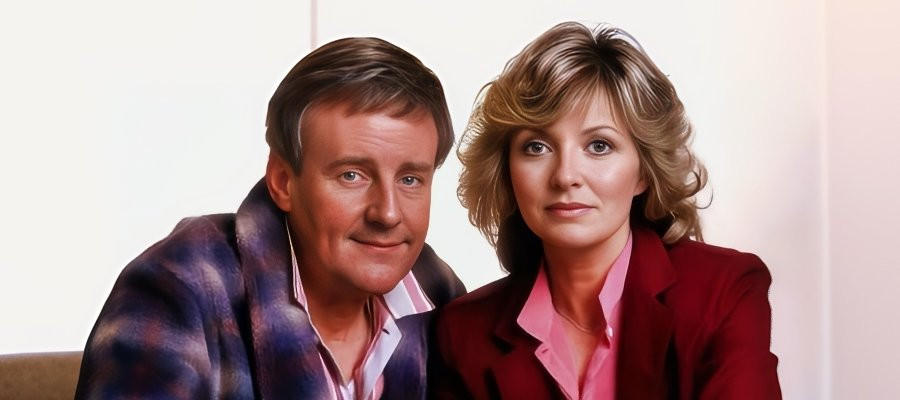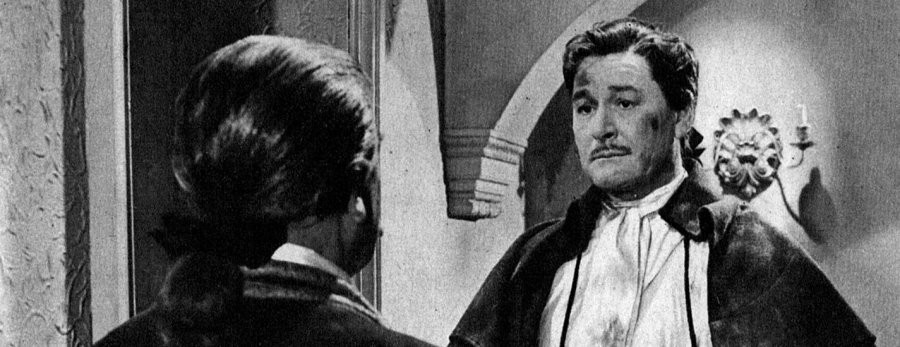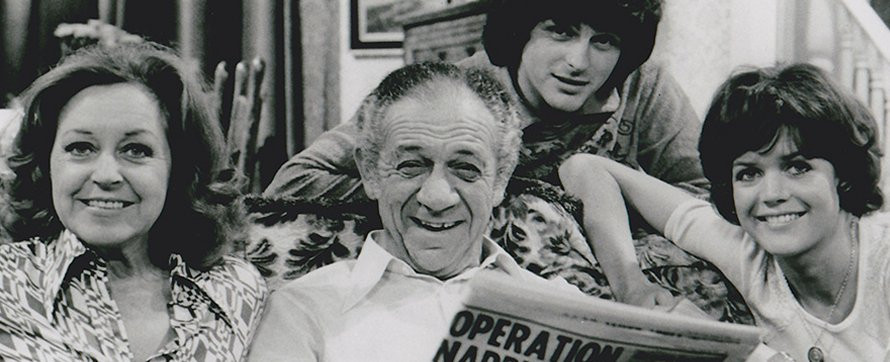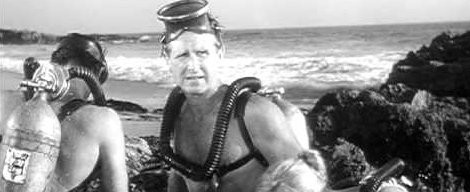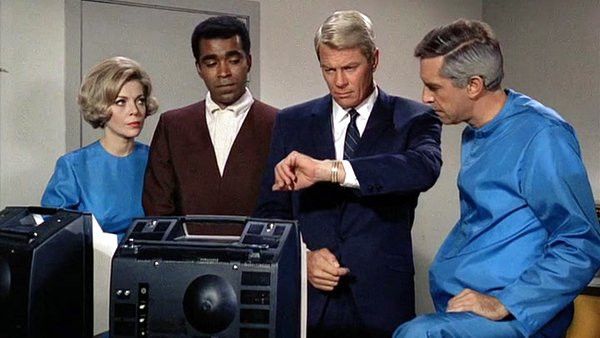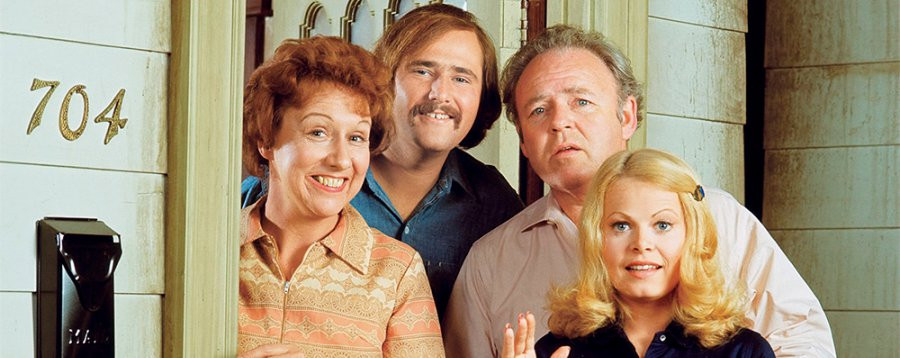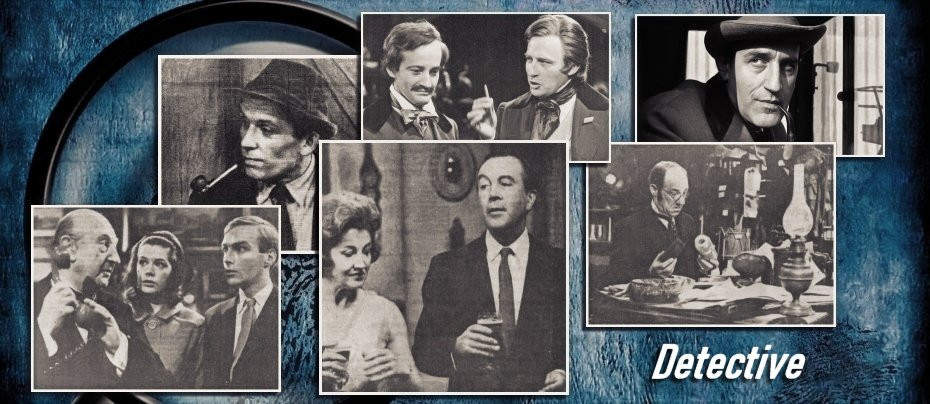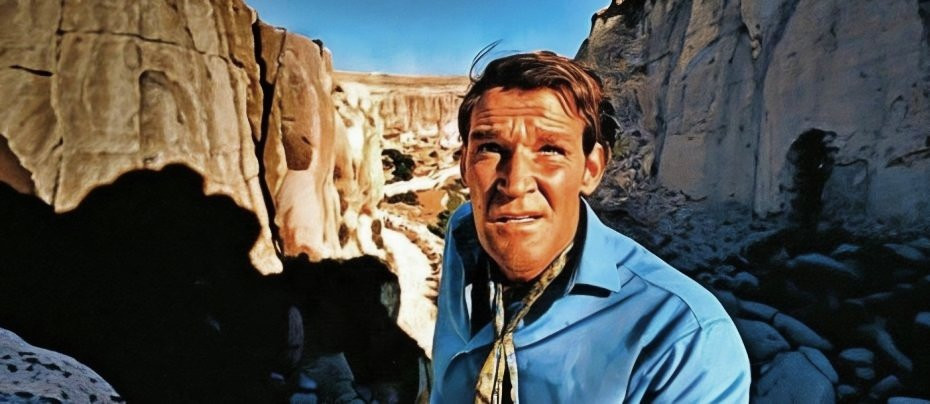
Brett
1971 - United KingdomWorking on the premise that if you have a popular actor in a popular series and the format is working successfully, you don't need to tamper with it too much, the BBC enticed Patrick Allen away from 'the other side' and gave him a series that was virtually Crane in all but name. Compton Bennet and Derek Glynne's high-octane adventure serial for BBC Television began in April 1971.
Instead of Morocco for its setting, Brett cast Allen as an itinerant, powerful, ambitious, and wealthy photographic journalist and writer with a penchant for the high life and a knack for trouble. He began his career as a journalist at The Aberyswen Gazette in Wales before penning a novel that led him to Hollywood for the film adaptation. However, disillusioned with the Hollywood machinery, he decided to venture to Central America. It’s there that he encountered and eventually married the affluent American Carline Fleming (played by Judith Arthy), whose father (Clive Revill) oversees the Fleming Corporation.
A formidable and driven individual who ascended to tycoon status within the Corporation, Brett now grapples with the shadows of his past. These murky secrets are swiftly closing in on him, thrusting him into direct confrontation with those he once betrayed and trampled on during his ascent. Alongside his second wife, Francoise (portrayed by Hannah Gordon), Brett’s life becomes a perpetual dance between prison cells scattered across the globe. Yet, with nerves of steel, he consistently manages to extricate himself from these perilous situations.
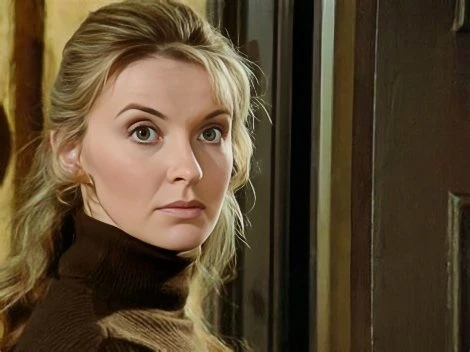
The Daily Mirror reported in December 1970 that Brett was originally to be titled Crowther but changed to avoid confusion with comedian Leslie (sic).
The show stood out in BBC Television’s 1970s dramatic lineup due to its ability to capture all its location footage abroad. The production crew and cast of Brett found themselves in Malta, where the picturesque Mediterranean island seamlessly transformed into various exotic locales—such as Mexico, Italy, and Yugoslavia—totalling almost 18 distinct settings - for Brett never stayed in one place for long. Peter Graham Scott, one of the original directors on The Troubleshooters and responsible for the overseas filming in Brett had taken time out prior to steering The Onedin Line to do the location hunting around the island.
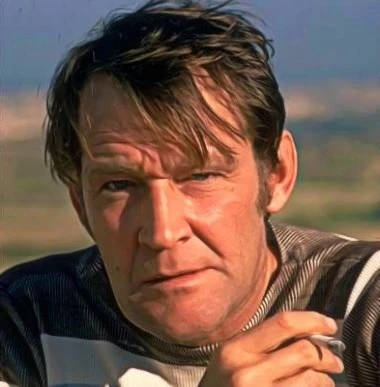
Despite being a straightforward action-adventure series, the scenery was dramatic enough to add an exotic feel that was popular among viewers. But it wasn't as easy as A-B-C as Patrick Allen pointed out, "trying to do a scene outside needs more concentration. You can't switch on acting, and out-of-doors you're liable to have everything ready when a Trident flies over - so you have to begin again". Graham Scott agreed it was often hard on the actors. "But you've just got to get out of the studio sometimes, otherwise it's walls, walls, walls all the time". The series incorporated numerous flashback sequences into its episodes enriching the intricate plotlines and fleshing out the stories. This strategic approach allowed the delicate equilibrium between studio-bound scenes and location footage to be skilfully preserved.
Audience figures were healthy throughout the brief run of the series. John Lucarotti (Doctor Who), David Weir (The Gold Robbers, Crown Court, Space: 1999) and Donald Bull (Z Cars, Dr. Finlay's Casebook, The Doctors) were notable script contributors, whilst directors of the calibre of Lennie Mayne (Doctor Who, The Troubleshooters, Doomwatch) and John Frankau (Another Bouquet, The Cleopatras) ensured that the episodes were fast-paced, loaded with action and adventure set-pieces keeping viewers' attention from start to finish. Anthony Ainley, Fulton Mackay, John Savident, Windsor Davies, Glyn Houston, Peter Bowles, Anna Wing, John Challis and Richard Vernon were guests in the series which was globally exported. Despite this, after 19 episodes the BBC decided the production costs were far too high, and a second series was not commissioned. Patrick Allen would not return to lead another series until he co-starred with John Gregson in the series Dangerous Knowledge in 1976. For the remainder of his career he was a prolific narrator.
Seen this show? How do you rate it?
Seen this show? How do you rate it?
Published on May 7th, 2024. Written by Laurence Marcus for Television Heaven.


